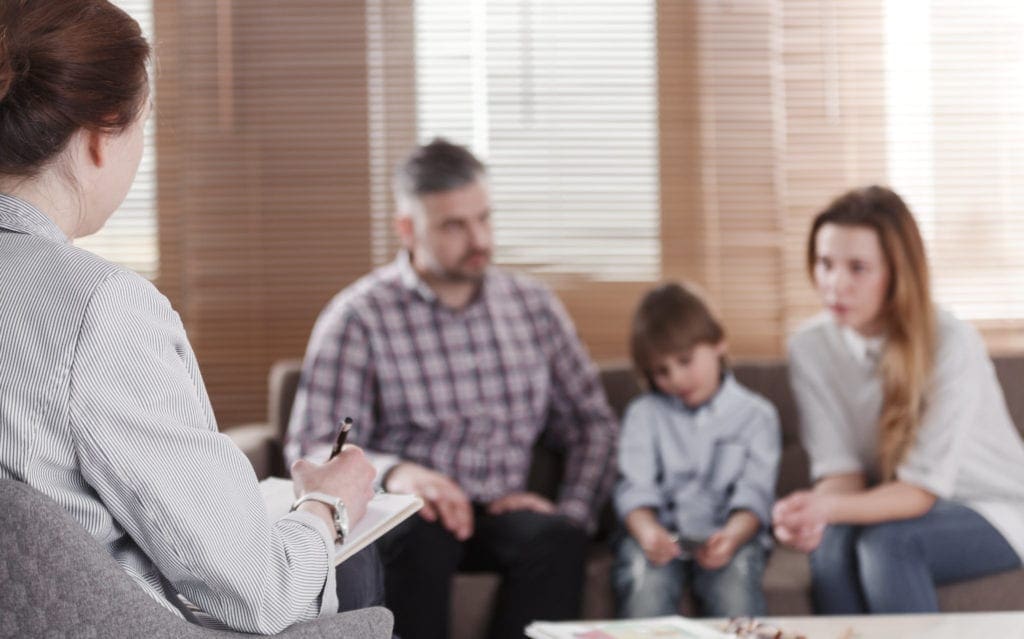February 8th, 2021
Cognitive Behavioural Therapy (CBT) for Children
Child Therapy

This evidence-based model focuses on the cognitive model, or the connection between thoughts, feelings, and behaviour.
When the child’s thoughts, feelings, or behaviour are related to distress, conflict, stress, or impairment, intervention aims to make a shift in at least one of these three components.
In other words, intervention may target a shift in thoughts, leading to different feelings and behaviour. Alternatively, intervention may target a shift in behaviour, leading to different thoughts and feelings.
Children may benefit from CBT that is experiential. When we begin by examining thoughts, particularly through a discussion about the thoughts, we are focused on the abstract. Asking a child to identify a thought, consider whether the thought is as accurate or helpful, and then shift to a new thought – again, very abstract.
In children, those skills for thinking are still developing, growing, and changing. If instead CBT begins with behaviour, the child may have a new experience that can lead to new ways of thinking and feeling, and then, voila! A change occurs. If it was only that easy! Often to create these shifts in thoughts, feelings, and behaviours, it takes many sessions with all ages.
However, the incorporation of creative and expressive methods can help breakthroughs occur with children. Creative and expressive interventions are selected to strategically target the problem area, although to the untrained eye may seem like the therapist is “just playing.”
Further, these creative, playful, engaging, and flexible interventions are powerful as they practice new skills, gather evidence, and test out negative predictions while having fun at the same time!



